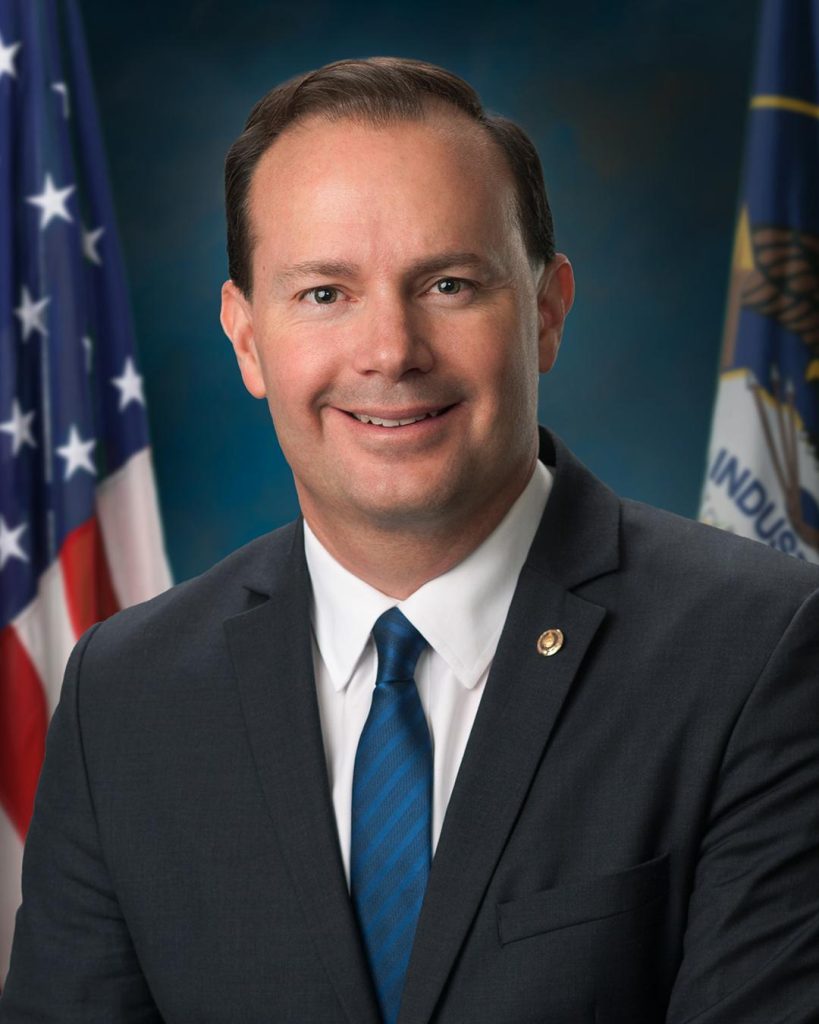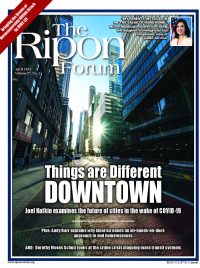
Resentment is growing amongst America’s youth. Many feel the meteoric rise in home prices has rendered their prospect of homeownership unattainable. As they come of age, they find themselves captives of a capricious rental market. At a time they envisioned buying a home and starting a family, they’re seeking roommates or living with parents.
Their plight isn’t imaginary or wholly self-inflicted. The U.S. has a record shortage of over 20 million homes. As a result, home prices have reached an all-time high, and wages haven’t kept pace. Coupled with the runaway inflation brought on by excessive deficit spending, young Americans are struggling to keep a roof over their heads.
Unfortunately, finding available land for housing is a challenge, especially in the West. Take my home state of Utah, where two-thirds of our land is owned or controlled by the federal government. If you highlight the federal land in Utah, you’ll see that we exist on small private islands in vast oceans of federal land.
The U.S. has a record shortage of over 20 million homes. As a result, home prices have reached an all-time high, and wages haven’t kept pace.
To bring the dream of homeownership back within reach, I’ve introduced the Helping Open Underutilized Space to Ensure Shelter (HOUSES) Act, which would make some of this federal land available to address housing shortages and affordability. It does so by creating a new authority under the Federal Land Policy and Management Act (FLPMA), which would allow a state or a unit of local government to nominate a tract of land within the Bureau of Land Management’s (BLM) jurisdiction to be transferred for housing.
Freeing up this federal land has massive potential to alleviate America’s housing crisis. The Joint Economic Committee estimates that the HOUSES Act would lead to the construction of 2.7 million more homes in the United States, alleviating 14 percent of the nation’s housing shortage. And it would only transfer 0.1 percent of the 640 million acres of federal land to states and localities for housing development.
The JEC estimates that the HOUSES Act could fill all or nearly all of the housing shortage in Arizona (100%), Nevada (100%), Wyoming (100%), Idaho (95%), Alaska (85%), and New Mexico (85%). This bill could also fill a substantial share of the housing shortage in Montana (73%), Oregon (69%), Utah (35%), California (27%), Colorado (22%), and Washington (9%).
The federal government’s hoard of public land limits the available space where people can put down roots and build communities, churches, businesses, etc. Most federally owned land remains barren and unused. The land is not living up to its full potential, but it could be if it were available to people with a vested interest in seeing the areas thrive.
Freeing up this federal land has massive potential to alleviate America’s housing crisis.
And building more homes doesn’t have to come at the expense of our premier public lands. Like many states in the West, Utahns love the land and want to ensure their children can visit and enjoy these national treasures.
My proposal would preclude using land to build homes in national parks, monuments, wilderness areas, and other congressionally conserved lands. It includes safeguards to ensure that the land isn’t used for vast estates or large commercial enterprises but incorporates enough flexibility to accommodate the local community’s needs, such as roads, utilities, schools, places of worship, grocery stores, parks, and health clinics.
This isn’t a crisis we can ignore. America needs homes and the space to build them. The federal government is pushing the American dream further out of reach by hoarding vast expanses of public lands. My proposal can ease our housing crisis without adding a penny to the deficit.
Though sound advice, we owe the next generation more than a lecture against purchasing too many oat milk lattes and avocado toasts. We must bring down the cost of homes to ensure an entire generation doesn’t fail to launch. By enacting my legislation, we can bring the American dream of home ownership back within reach for millions.
Mike Lee serves as the senior U.S. Senator from the State of Utah.




